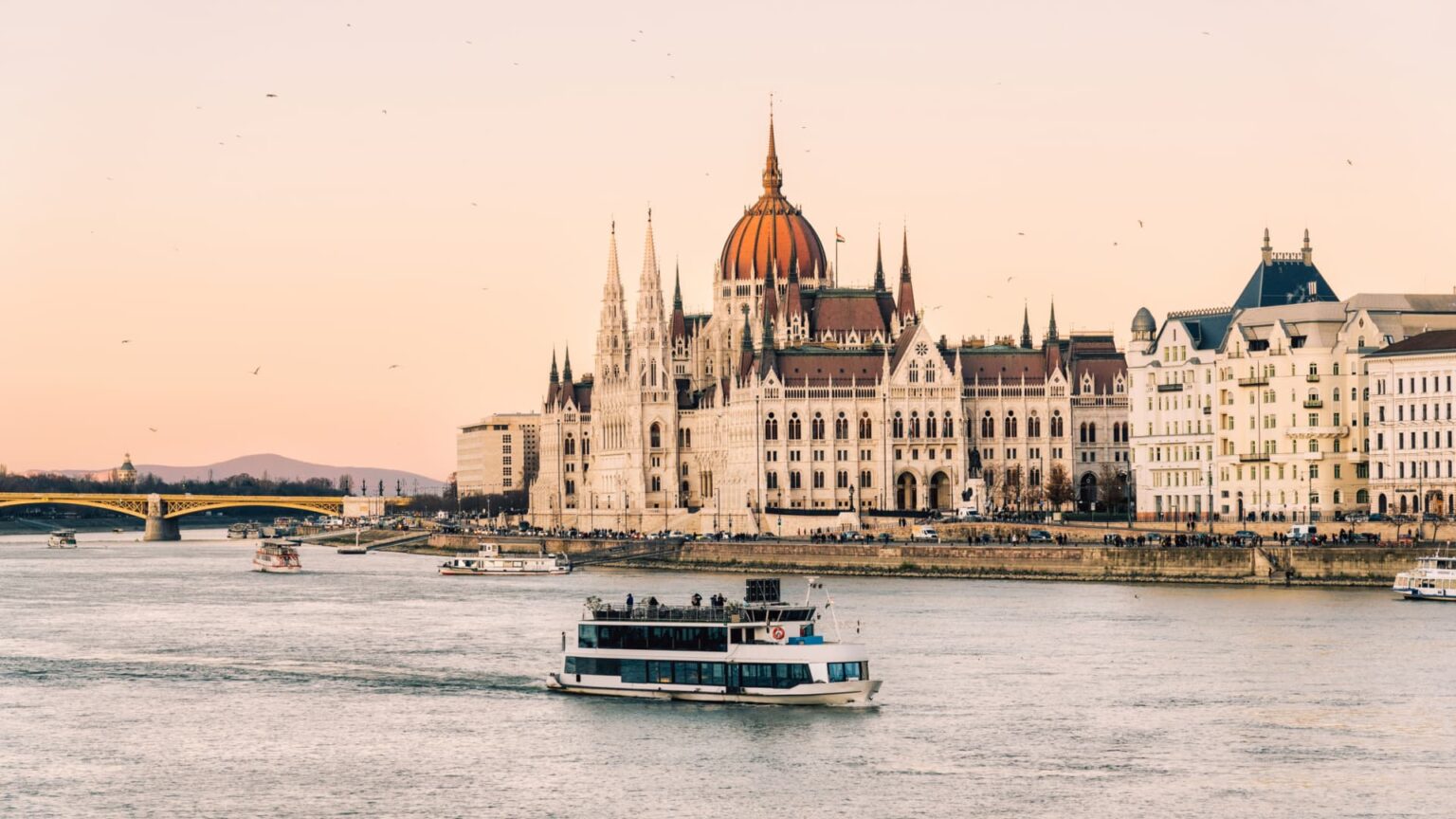Have you been searching for a location where you can combine work and leisure? Look no further.
The Hungarian capital of Budapest has topped the list of the world’s best cities for work and vacation, or “workcation,” compiled by flexible and hybrid workspace operator International Workplace Group.
The results are based on in-house research as well as findings from a survey conducted across 1,000 hybrid office workers globally.
Hybrid and remote work, which gained traction during Covid-19 as businesses around the world temporarily shut down offices to meet health standards, has become a permanent arrangement for many companies.
The number of people working from home increased five-fold between 2019 and 2023, and 40% of U.S. employees currently work remotely at least one day a week, according to a report published by the Stanford Institute for Economic Policy Research.
“Thanks to cloud technology that can be anywhere in the world provided there’s a high-quality internet connection available … it’s no wonder that more and more individuals are embracing the idea of combining work with travel, whether it’s for a few days tacked on to the end of a vacation, or a few months as a digital nomad,” said Mark Dixon, founder and CEO of International Workplace Group.
According to the IWG report, 84% of hybrid workers have either extended or would consider prolonging a vacation to work remotely, while 75% said “the freedom of being able to work from anywhere boosts their job satisfaction.”
The IWG report compared 30 cities globally rating them on a scale of 10 in the following categories:
- Climate
- Culture
- Accommodation
- Transport
- Food
- Subsistence (cost of a coffee)
- Happiness
- Broadband speed
- Sustainability
- Availability of flexible workspaces
This criteria was chosen to “help measure how comfortable or conducive overseas environments will be, especially when factoring in work responsibilities,” Dixon told CNBC Make It.
“In addition to basic livability requirements (accommodation, transport, and food etc.), there are crucial considerations that can have a considerable impact on a worker’s productivity, such as broadband and the availability of flexible workspaces,” he said.
Budapest topped this year’s list, securing high scores in the accommodation (9.5/10), transport (9.5/10), sustainability (8.5/10) and broadband speed (8/10) categories.
The Hungarian capital is “famed for its classical architecture, attracting some 12 million international tourists per year … [and] boasts over 200 museums and galleries, vibrant neighborhoods, and ample green spaces, making it an ideal choice for digital nomads,” according to the report.
Top 10 cities for a workcation, according to IWG:
- Budapest
- Barcelona
- Rio de Janeiro
- Beijing
- Lisbon
- New York
- Singapore
- Jakarta
- LA
- Milan
Barcelona, which topped the list last year, remains a favorite among hybrid workers. Along with its digital nomad visa, reliable transportation infrastructure and comparatively affordable cost of living, the Spanish city also offers “a lively atmosphere, stunning architecture, and nearly year-round sunshine,” the report said.
Barcelona scored high on transportation (9/10), climate (8.5/10) and accommodation (8.5/10) categories, which measures the cost of a monthly transport pass, total sunshine hours per year and average rent per month, respectively.
Cities in Asia were also featured prominently in this year’s list with Beijing, Singapore and Jakarta making it to the top 10. Beijing fell a spot this year to fourth place.
Meanwhile, Singapore climbed an impressive 14 places from last year to the seventh spot. The city-state scored exceptionally well on the broadband quality (10/10) and sustainability (9/10) categories.
Singapore, which boasts of the world’s second-best airport, serves as a “global gateway to Southeast Asia,” making it an attractive destination for travelers. Singapore was also named Asia’s happiest country for the second consecutive year, and is on track to offer island-wide 5G coverage by 2025, according to IWG.
“This trend is set to accelerate further, and we will continue to see more and more companies embracing WFA policies to improve employees’ work-life balance and increase their attractiveness as an employer,” said Dixon.
Want to make extra money outside of your day job? Sign up for CNBC’s new online course How to Earn Passive Income Online to learn about common passive income streams, tips to get started and real-life success stories.
Plus, sign up for CNBC Make It’s newsletter to get tips and tricks for success at work, with money and in life.


